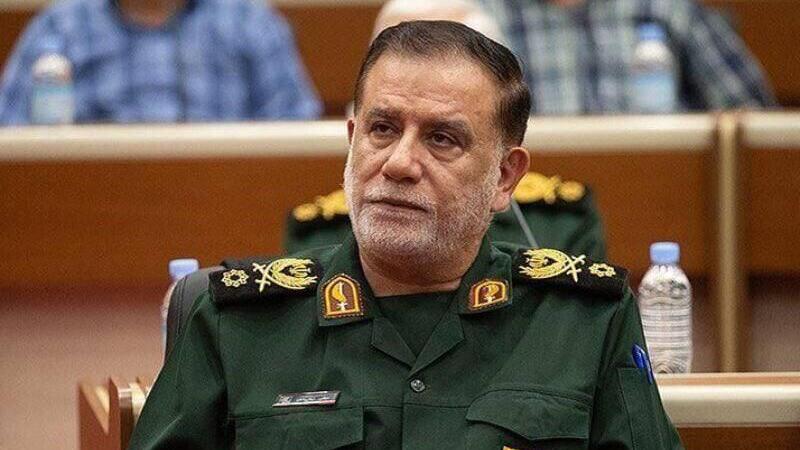Getting your Trinity Audio player ready...
Iran’s Deputy Foreign Minister Abbas Araghchi vowed on Sunday that Iran would avenge the killing of senior Quds Force officer Abbas Nilforoushan, who was killed alongside Hezbollah leader Hassan Nasrallah in an Israeli airstrike in Beirut's Dahieh district.
"This will not go unanswered," Araghchi said, following confirmation from Iranian officials that Nilforoushan had been present in the underground headquarters at the time of the strike.
Araghchi’s remarks come amid reports of an internal debate within the Iranian regime over how to respond to Nasrallah’s far more significant assassination. According to The New York Times, hardliners in Tehran are pushing for swift retaliation, while Iran's more moderate President Massoud Pezhkian is cautioning against a regional war that could severely damage Iran's economy.
Regardless, Tehran may feel compelled to retaliate, as it did after the assassination of another top Iranian general in an Israeli strike on Damascus in April.
Nilforoushan, 58, was described by Iranian media as the "deputy commander of operations" for the Islamic Revolutionary Guard Corps, where he oversaw ground forces. While it’s unclear what he was doing in Lebanon, AP notes the Quds Force’s crucial role in arming and directing Iran’s proxies throughout the Middle East, most notably Hezbollah. Recent reports suggest that Nilforoushan was effectively the Quds Force commander in Syria and Lebanon.
Iran’s deputy judiciary chief Ahmad Reza Kahan declared that Nilforoushan had been "a guest of the Lebanese people" and that Iran has a right to respond under international law.
Israeli airstrike in Beirut's Dahieh district
Nilforoushan had previously mocked Israel, frequently repeating anti-Israel rhetoric similar to that of Nasrallah. In a 2022 interview with Iran’s state news agency IRNA, he said: "The Zionist regime has many cracks—ethnic, cultural, social and military. The regime is more vulnerable to collapse than ever."
That same year, the U.S. Treasury Department imposed sanctions on Nilforoushan, accusing him of playing a direct role in suppressing civil rights protests in Iran. The sanctions coincided with widespread demonstrations following the death of Mahsa Amini, a young woman who died after being detained by Iran's morality police for not wearing a hijab in accordance with strict Sharia law. Nilforoushan blamed Iran's enemies for stoking the protests.
Nilforoushan also fought alongside Syria’s Assad regime in the bloody civil war that saw the Syrian dictator maintain power with the help of Iran, Hezbollah and Russia. He began his military career during the Iran-Iraq War in the 1980s, and Iranian media described him as a close associate of powerful Quds Force commander Qassem Soleimani, who was killed in a U.S. airstrike in 2020.






